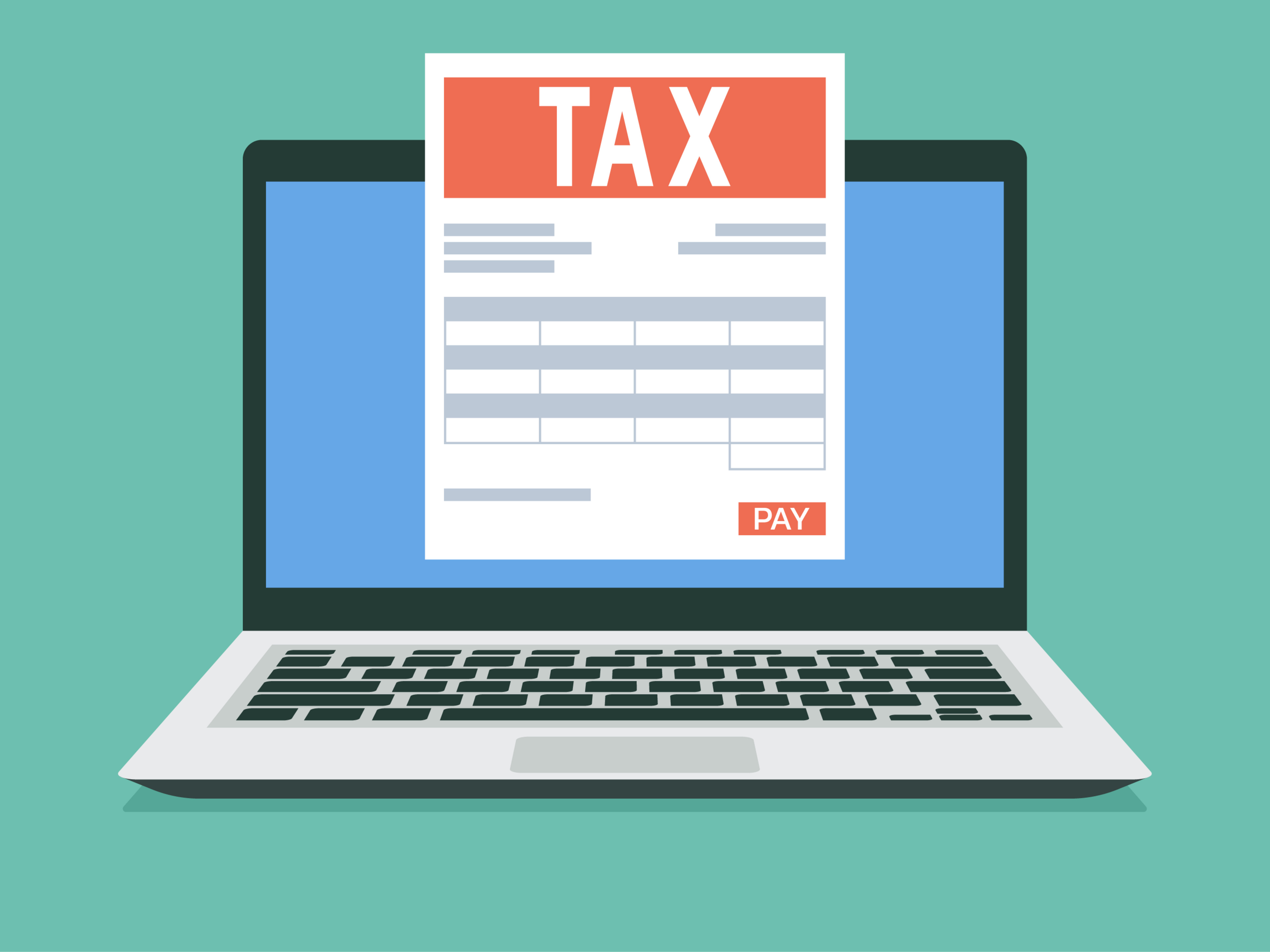24 May 2023
5 min read
Published by:

The Federal Government has announced significant funding to extend ATO compliance programs targeted at landlords, remote employees, home-based businesses, and to scrutinise both income and deductions from short-term rentals (such as those facilitated by websites such as Airbnb or Stayz).
In the most recent Federal Budget, it was announced that the ATO will receive the following allocations:
Areas of risk identified include omission of rental income, over claiming of expenses and deductions and claims for capital improvements – a tax gap of approximately $9 billion was identified in respect of these issues.
As the ATO sharpens its focus, taxpayers should remain vigilant, maintain contemporaneous records and seek advice early.
Landlords
Investment property owners should expect reviews around apportionment of loan interest expenses where a portion of the loan was used for private purposes. Under the data matching program, the ATO can access loan accounts and details of investment properties and transactions that have occurred – including the terms of a loan.
Another major area of focus is the characterising of expenses such as repairs as opposed to capital works. Immediate deductions are applicable to repair expenses, whereas capital works expenditure allows for deductions over a period of time.
The ATO is also focusing on incorrect apportionment of rental income and expenses between owner, and properties that are not genuinely available for rent.
Short-term and holiday rentals
The ATO is also allocating a portion of its budget towards investigating deductions claimed for short-term rentals.
Short-term rentals generally refer to properties offered in the residential or commercial accommodation market for short stays, usually lasting less than seven days. This can include properties like beach houses or country homes advertised and made available on platforms such as AirBnB or Stayz. A common example is the renting out of a beach house or country home to seasonal holiday makers for a short period of time across peak holiday seasons throughout a year. Individuals who use their property this way should ensure they keep a record of the expenses to substantiate claims.
Individuals may face tax implications when they sell their properties. While a main residence is generally exempt from Capital Gains Tax (CGT), renting out a portion of your home may trigger a CGT event. It is important to accurately determine the percentage of the property that should be attributed to CGT calculations.
Similarly, deductions need to be apportioned appropriately for personal income tax deductions related to short-term rentals. Common examples where deductions get caught out include circumstances where expenses are claimed as deductions at 100 per cent for the entirety of a financial year and:
Given it may be difficult to locate records at a later time, it is vital that records are kept of any period in which the property was used to produce income, including the portion of the property that was used.
Working from home claims
The ATO has replaced the 52 cent method with a revised fixed rate of 67 cents method that taxpayers can use to calculate working from home expenses from 1 July 2022. This revised regime imposes more stringent record-keeping requirements. Taxpayers still have the option to use the the actual cost method as an alternative.
Previously, taxpayers could choose from the 52 cents per hour method, the actual cost method and the shortcut method of 80 cents per hour. Under the 52 cents method, taxpayers were required to apportion their use between what is personal and what is work-related, and they must have done so on “a reasonable basis”.
From 1 July 2022, the shortcut method allowed people to claim 80 cents per hour for all their running expenses, rather than needing to calculate costs for specific running expenses.
The new 67 cent method imposes more rigorous compliance requirements, requiring taxpayers to record every hour they work from home. The new rate method also considers a taxpayer’s total deductible expenses, unlike the previous 52 cents per hour fixed rate method, which allowed separate deductions for work-related items.
Under the revised regime:
The ‘actual cost’ method remains the same.
Substantiation
As the ATO increases its compliance focus, it is imperative that taxpayers ensure they have records to substantiate returns in the event of an audit or investigation. As the burden of proof is on the taxpayer, inadequate evidence to substantiate a position can be problematic.
Our tax team is well placed to assist you and your clients with advice regarding compliance with tax obligations, applications for rulings, and managing audits and engagements with the ATO. We have also acted for taxpayers in disputes concerning the appropriate apportionment of deductions for short-term rentals and have successfully defended claims made by taxpayers.
If you are looking for advice or assistance specific to your circumstances, please get in touch with our team below.
Disclaimer
The information in this article is of a general nature and is not intended to address the circumstances of any particular individual or entity. Although we endeavour to provide accurate and timely information, we do not guarantee that the information in this article is accurate at the date it is received or that it will continue to be accurate in the future.
Published by: